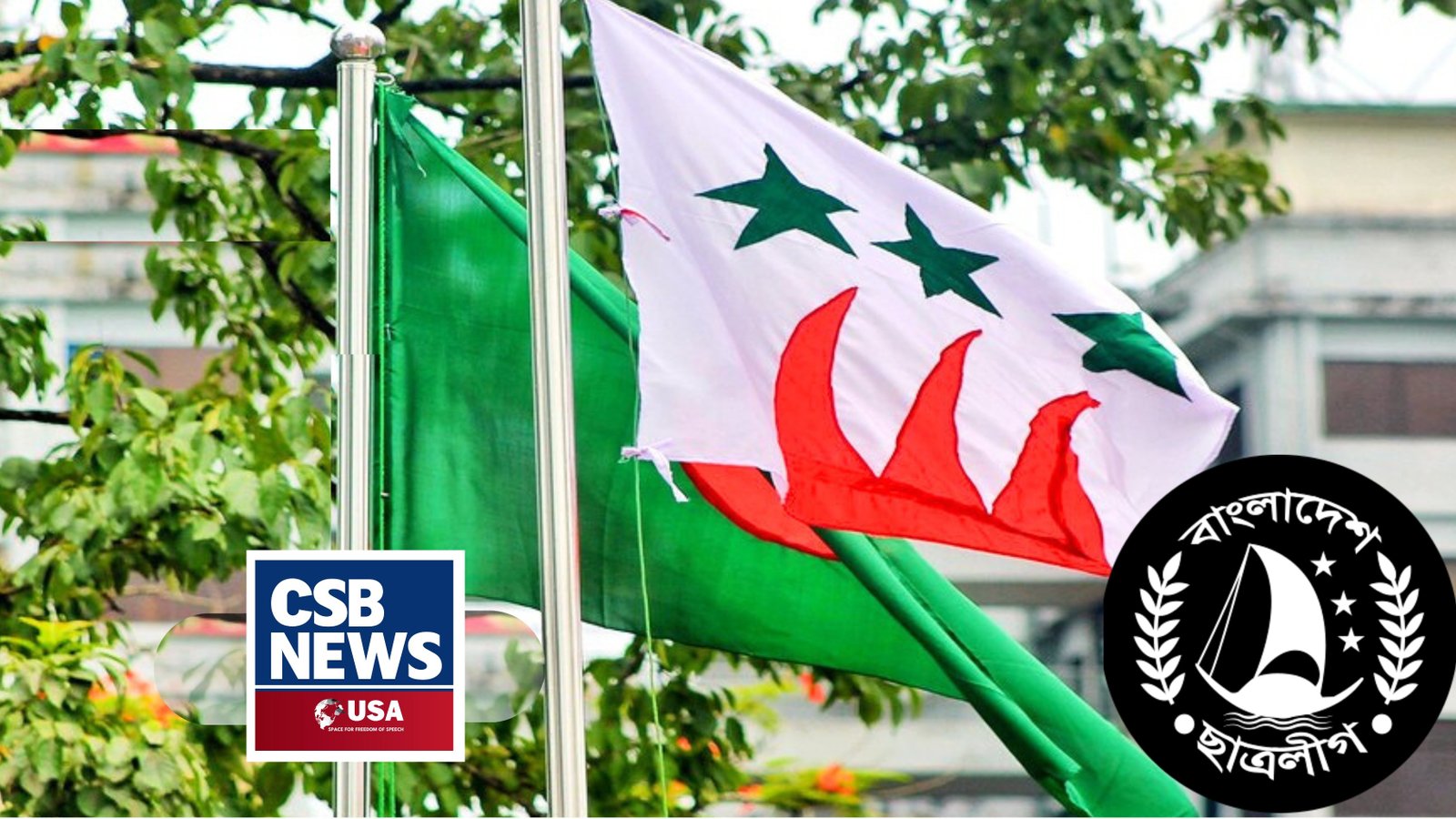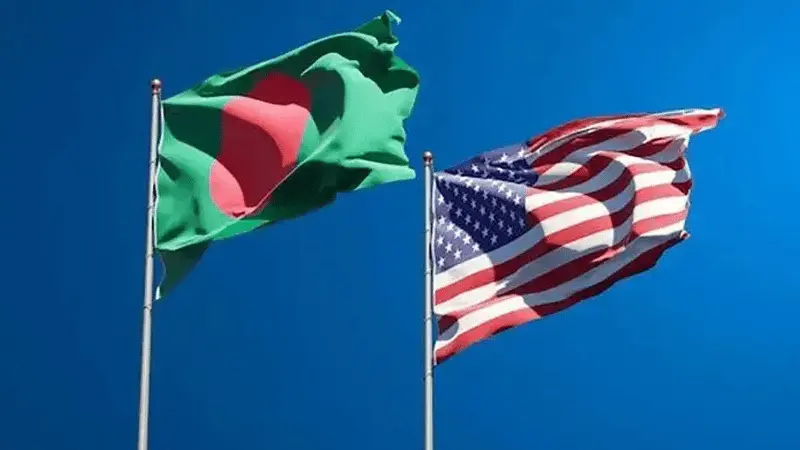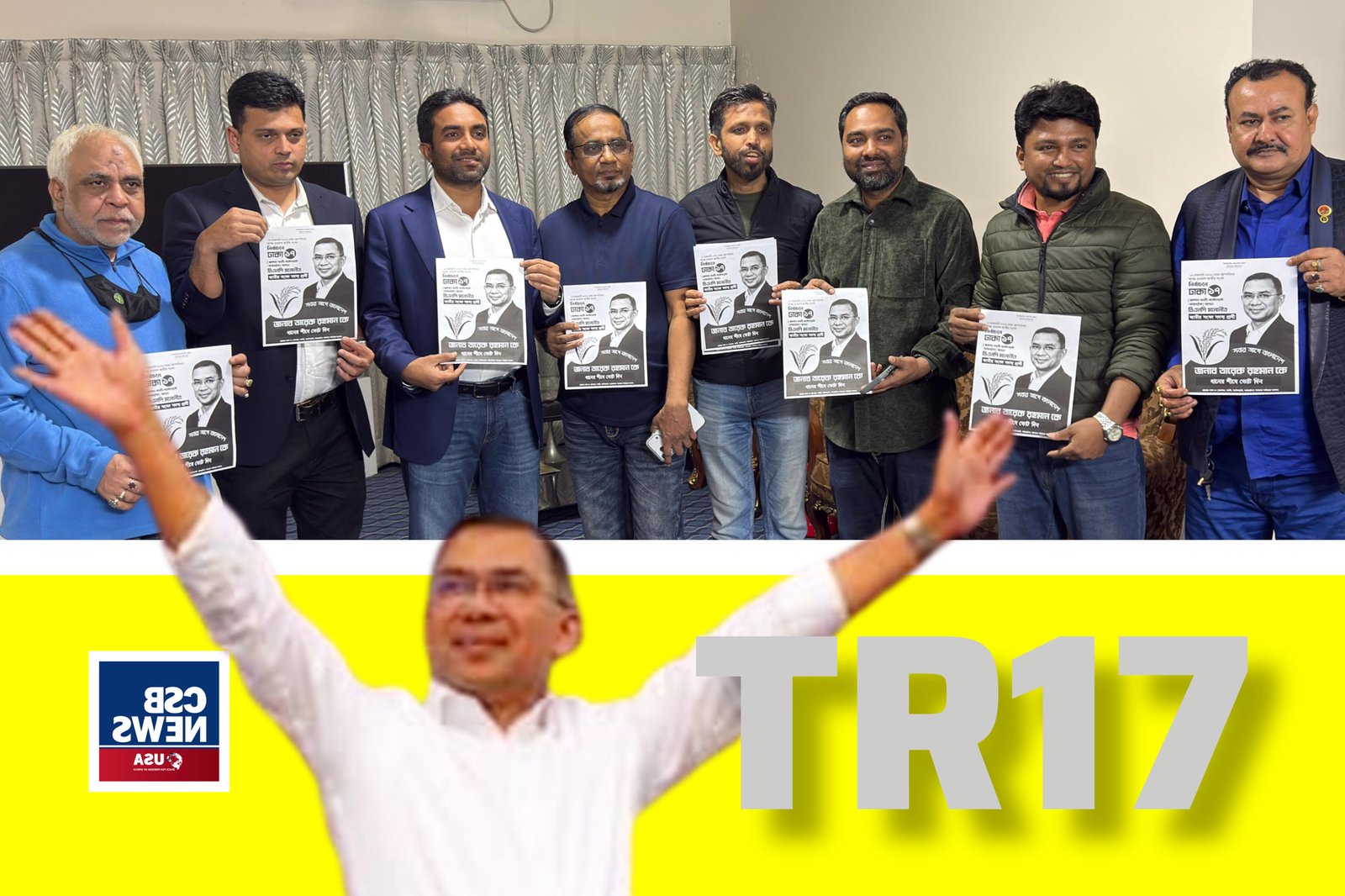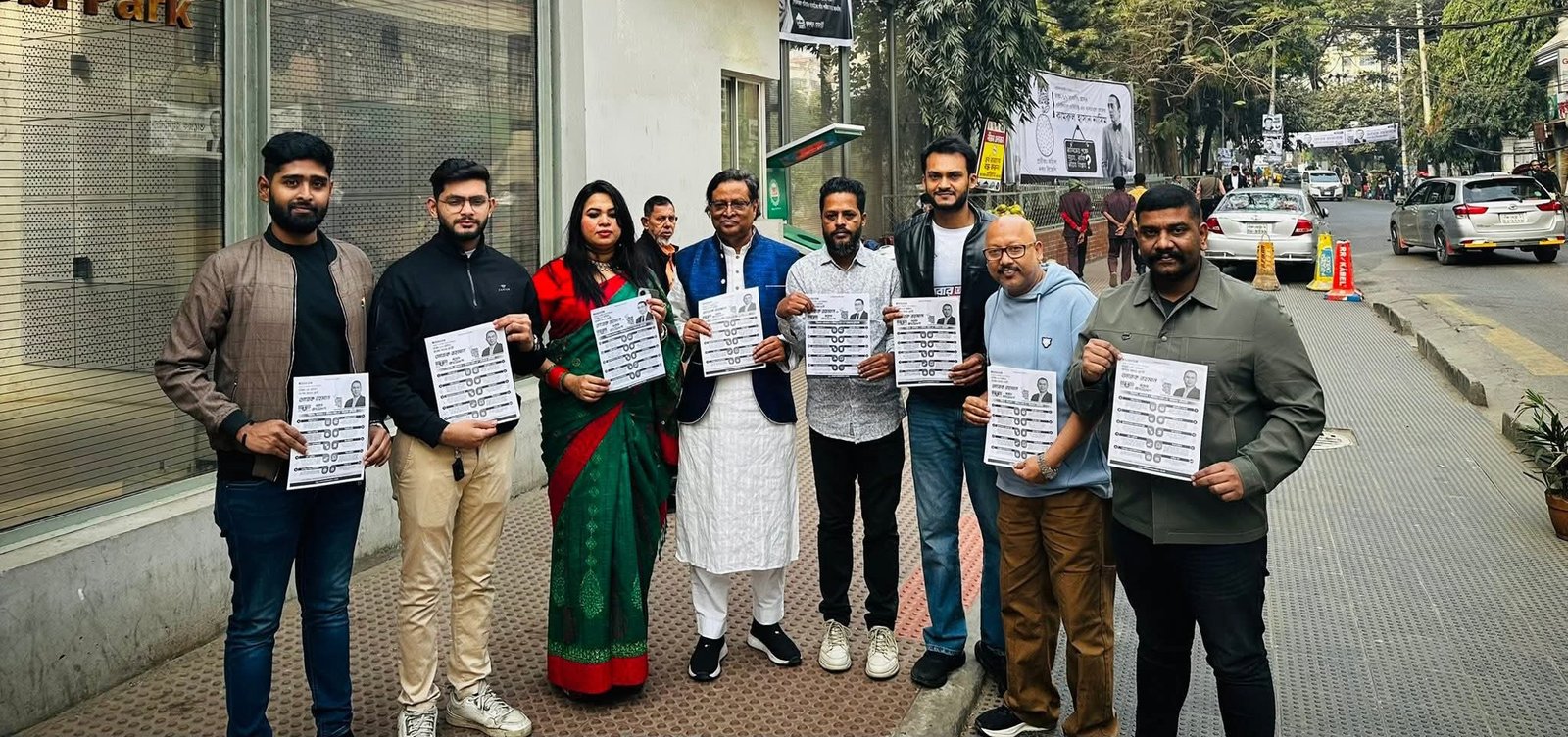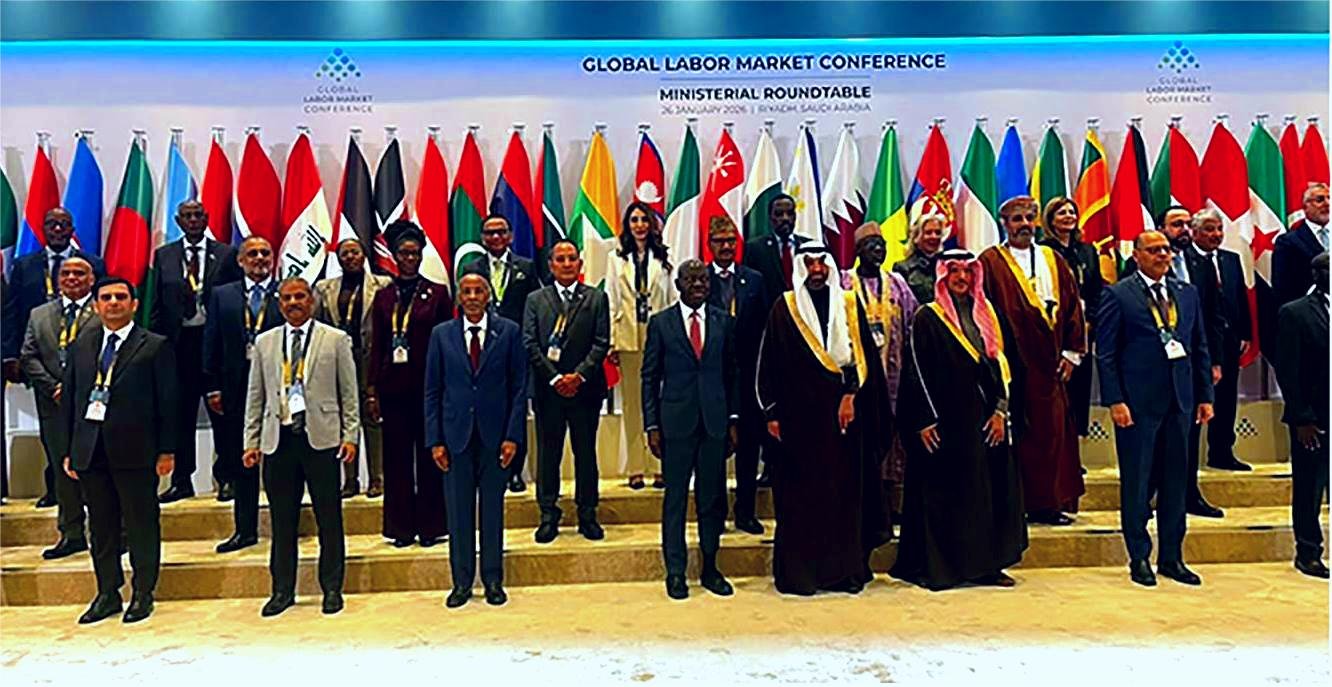The Fall of Sheikh Hasina’s Government on August 5 and a Political Organization Even Older Than Independent Bangladesh- Chhatra League Activists Faced Beating, Killings, Imprisonment, and Persecution Their Helplessness — Echoes of the Victims' Cries
On August 5, 2024, a significant political upheaval occurred in Bangladesh. Intense student protests led to the resignation of Prime Minister Sheikh Hasina, who subsequently fled to India.
The Fall of Sheikh Hasina’s Government on August 5 and a Political Organization Even Older Than Independent Bangladesh- Chhatra League Activists Faced Beating, Killings, Imprisonment, and Persecution Their Helplessness — Echoes of the Victims' Cries
The Fall of Sheikh Hasina’s Government on August 5 and a Political Organization Even Older Than Independent Bangladesh- Chhatra League Activists Faced Beating, Killings, Imprisonment, and Persecution Their Helplessness — Echoes of the Victims' Cries
On August 5, 2024, a dramatic political change took place in Bangladesh. Amid intense student protests, Prime Minister Sheikh Hasina was ousted from power and took place in India. In the ensuing political vacuum, many leaders and activists of the ruling Awami League, including those from its affiliated organizations like the Youth League and Volunteer League, went into hiding due to safety concerns. However, members of the Bangladesh Chhatra League (BCL), the student wing of the Awami League, faced severe repercussions.
Many leaders of the Bangladesh Chhatra League Central Executive Committee have been subjected to torture — among them notable names include Benzir Nishi, Tamanna Riva, Tanvir Hasan Saikat, Mahbubur Rahman, Barikul Bandhan, and Selim Reza.
Others include Vice President Tahsan Russell, Joint Secretary Nazim Uddin, Vice President Ahad Chowdhury Raihan, and former DUCSU member and Deputy Publicity Secretary Rafiq-ul Sabuj Talukder.
Reports indicate that BCL activists were subjected to beatings, imprisonment, and even killings. For instance, a mentally ill BCL member named Tofazzal was beaten to death at Dhaka University's Fazlul Haque Hall after being falsely accused of theft. Similarly, Shamim, another BCL member, was killed on the Jahangirnagar University campus for his affiliation with the organization. At Rajshahi University, former BCL leader Al Masud was also beaten to death.
In addition to these incidents, over a thousand students across various educational institutions were expelled for their association with the BCL. Notably, 128 students were expelled from Dhaka University alone. Female students affiliated with the BCL were not spared; for example, Janatul Ferdous Priya was removed from an examination hall, beaten, and handed over to the police at Chittagong University.
The families of BCL members also suffered. In one tragic incident, Wahiduzzaman Amit's mother was killed while praying in Pochgachh's Boda Upazila.
CSB News USA's Bangladesh correspondent interviewed several victims. Mohammad Anupom Islam, a former central BCL leader facing a murder charge, is currently abroad. His residences in Dhaka and Madaripur were attacked multiple times by BNP-Jamaat and student protesters, leading to the harassment of his family members and property damage. His sister, former central Women's Awami League leader and former Assistant Attorney General Nazma Afrin Sumona, also residing abroad, faced similar attacks.
Another central BCL leader, Hamza Rahman Antar, a former student leader from Jahangirnagar University, was twice attacked with a machete immediately after August 5. Currently in hiding, his residence has been attacked several times, and his parents have been harassed. Similarly, Hafiz, a central BCL leader from Dhaka University, and his family members have faced similar ordeals.
Former Noakhali District Chhatra League leader and Sub-committee member Saleh Uddin Rony, former Noakhali District Chhatra League Genarel Hasnat Adnan, Noakhali District Chhatra League President Rubayat Rahman Arafat,former vice president Yusuf Hossain Ridoy, Former Noakhali District Chhatra League member Ahmed Robin, current organizational secretary Safaet Ahmed Dipto, former Noakhali District Chhatra League leader Mejbah Uddin Shuvo and Hatiya Upazila Chhatra League General Secretary Sajed Uddin have also been among the victims were subjected to various forms of harassment after participating in several key party programs following August 5.
Sources indicate that many such leaders are now residing in countries like India, the Middle East, Europe, the United States, and Canada. Despite their absence, their family members continue to face harassment and live in constant fear. The families demand that if these individuals are guilty, they should be tried fairly, and their relatives should not be subjected to injustice.
The interim government, led by Nobel laureate Dr. Muhammad Yunus, has directed the administration to be stringent against BCL members, overlooking the allegations of torture and persecution. Political analysts argue that not all members of a political party can be equally guilty, and indiscriminate arrests and persecution of BCL members undermine the credibility of the legal system. ✍️ Report Prepared By: Fozla Rabbi Robna


